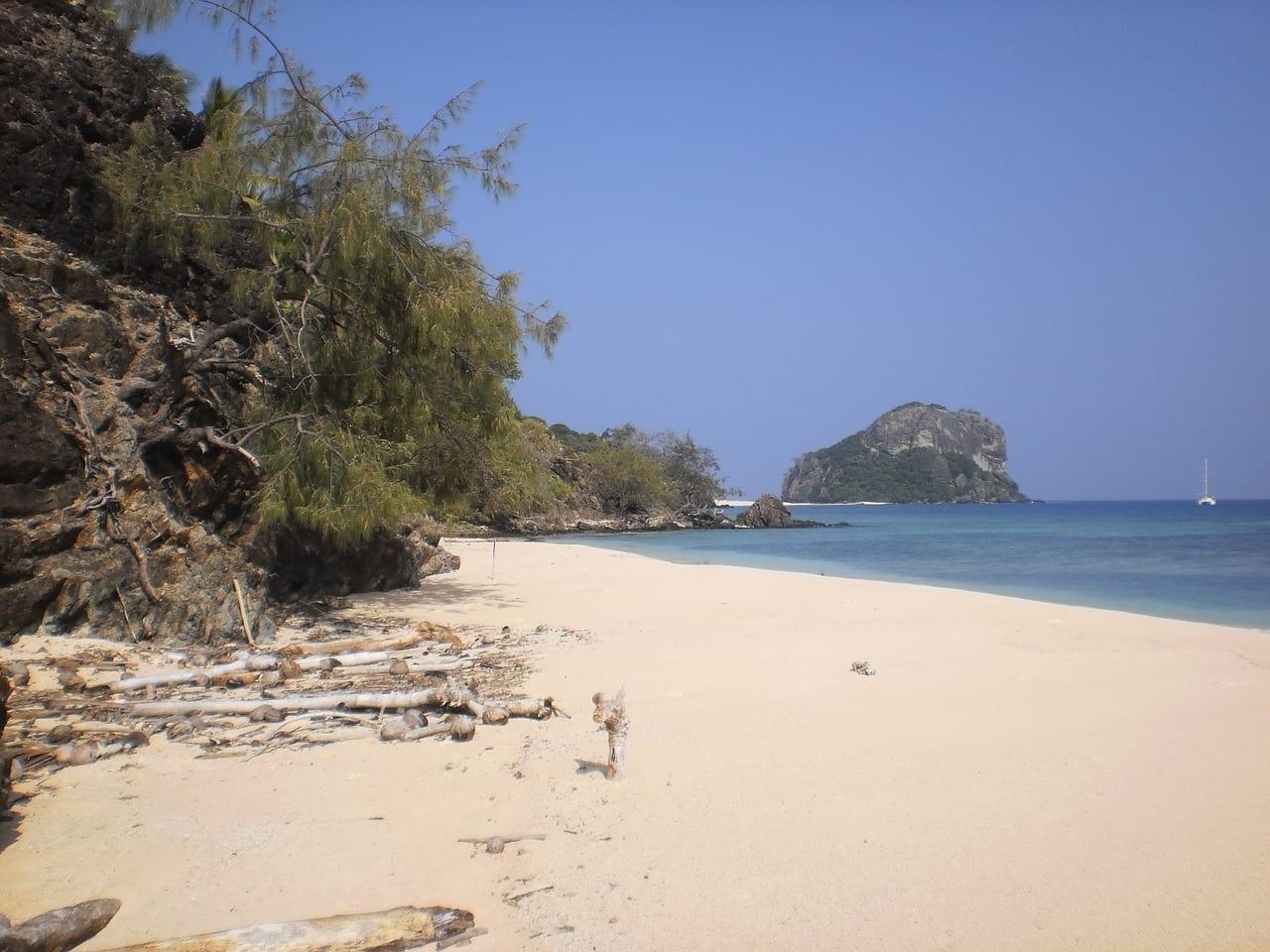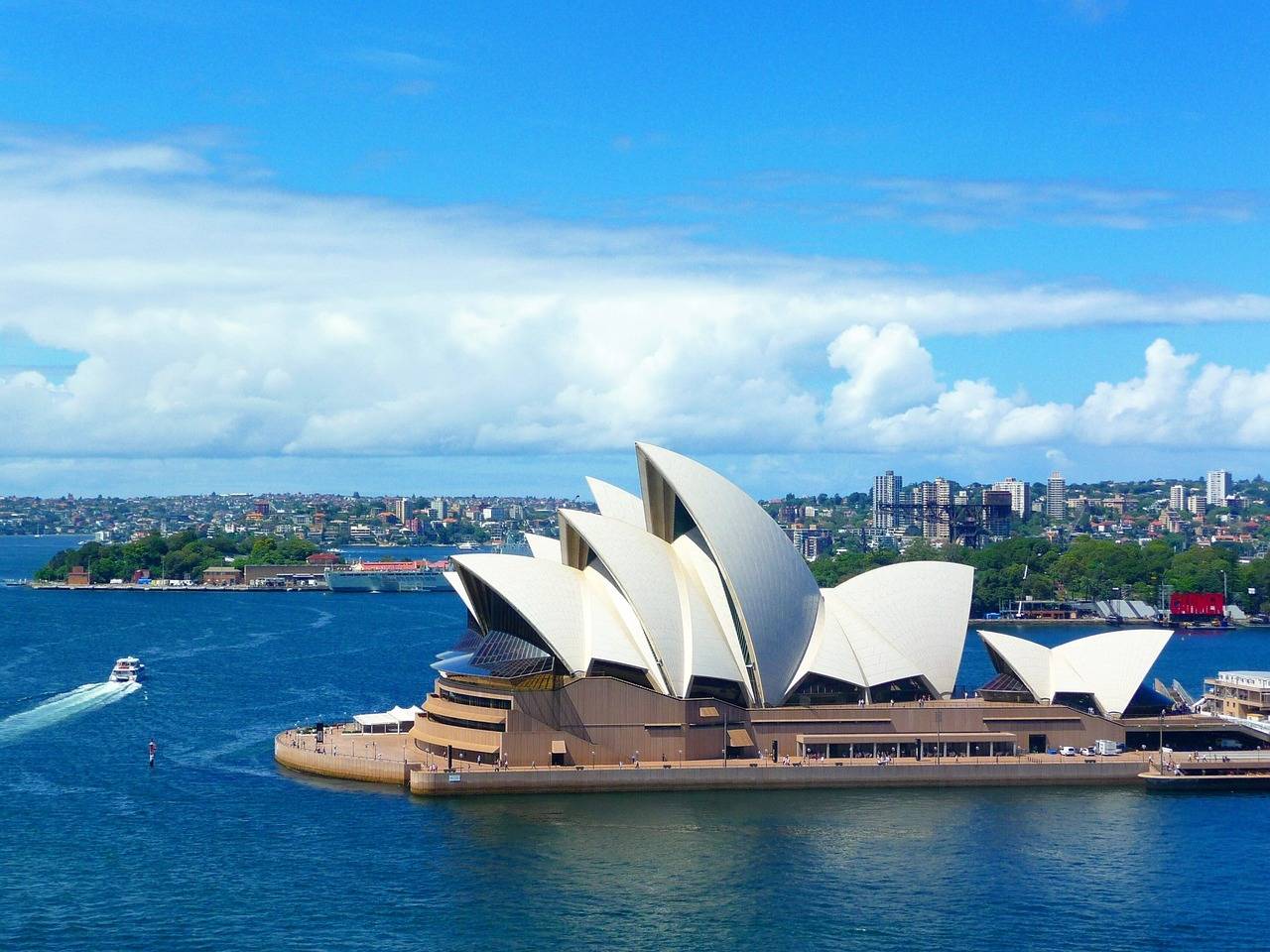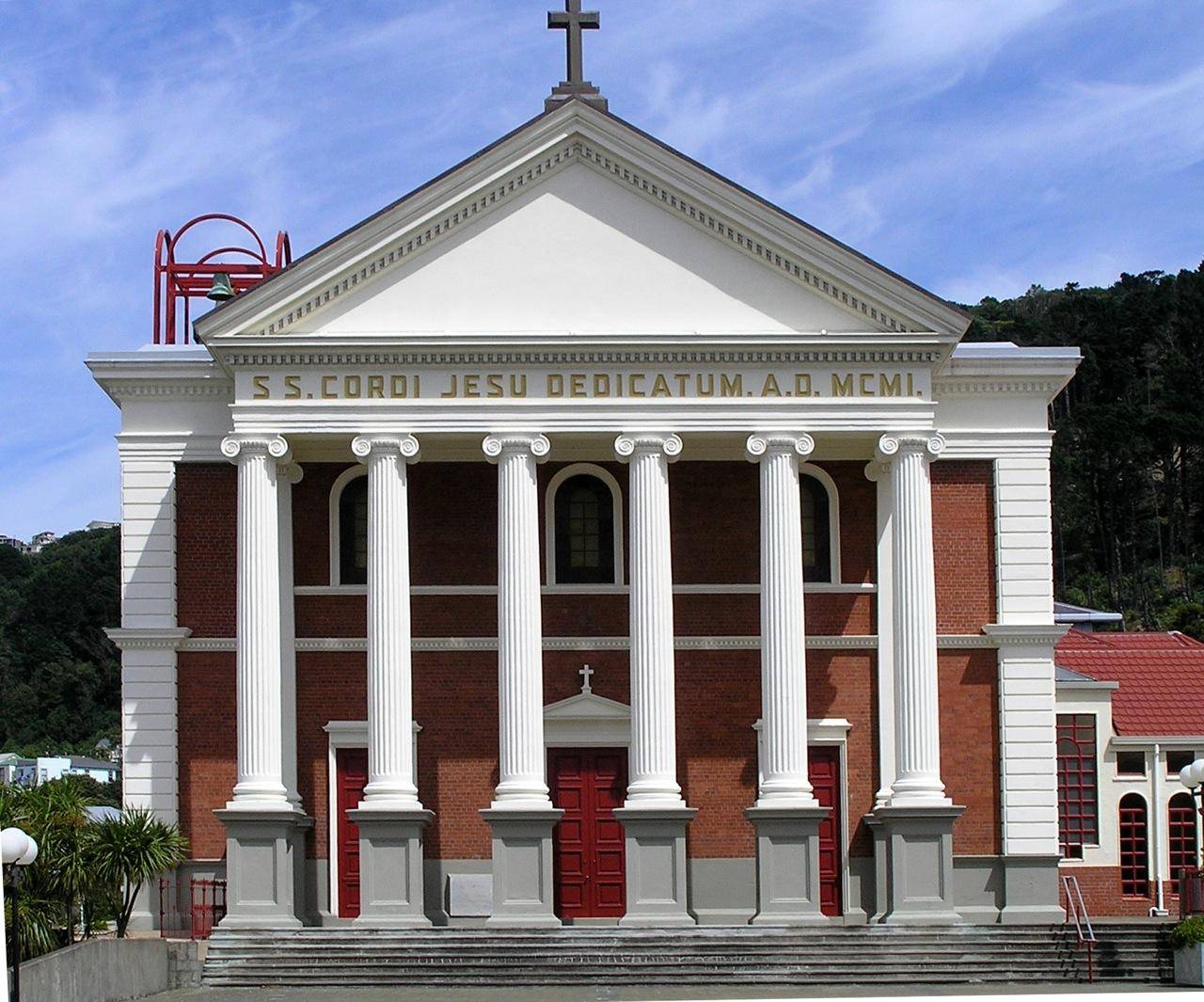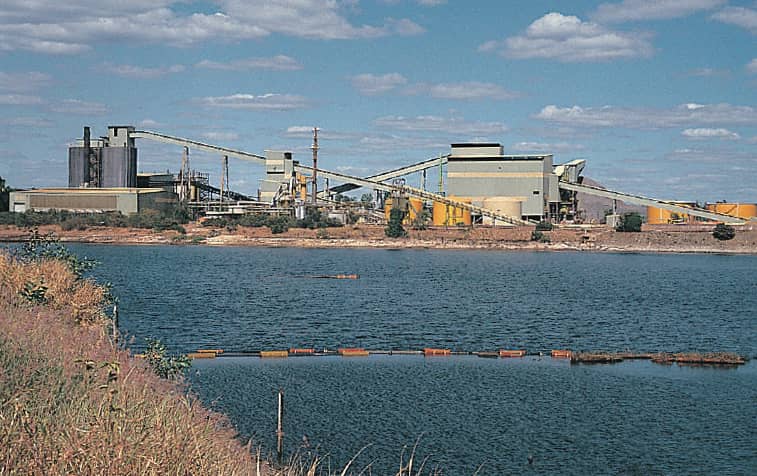Voices from the victims of climate change need to be heard, according to the leader of the Church in Fiji.
Archbishop Peter Loy Chong said the Pacific island nation is facing several challenges caused by environmental degradation, during a Sept. 2 speech at the Australian Catholic University in Brisbane.
Fiji, about 1300 miles northeast of New Zealand, is made up of around 300 islands, many of them low-lying, and has a population of over 900,000.
According to a report by the World Bank in 2000 on the potential effects of climate change on the Pacific region, Fiji faces numerous risks, including: Higher rates of disease as average temperatures rise; increasingly destructive storms as oceans get warmer and weather patterns become more severe; and disruptions to agriculture as the intrusion of saltwater damages existing farmland.
Loy Chong used the example of his own family: Forty years ago, his grandfather rebuilt his house further up a hill in Nateleira village, having seen the gradual coastal erosion and the sea level rising.
“Today most of the houses in Nateleira have moved uphill,” the archbishop said.
Then he pointed to the 2016 establishment of a stone quarry company in Fiji, which extracted gravel and rocks from the Dawasamu river.
Loy Chong said this operation is causing major damage to the environment, the river, the seacoast, sea life, and causing divisions among the local population.
“Natural disaster was responsible for the first event while human-made disaster was responsible for the second,” the archbishop said.
He pointed to Pope Francis’s encyclical Laudato Si’: Care for Our Common Home, which “clearly points out that the techno-economic paradigm and a misguided anthropology are the root causes of the ecological crisis.”
“What does the pope mean by techno-economic paradigm? It refers to the link between the power of technology and economics that humans have over the natural world. Human self-centeredness and technology have the ability to dominate and turn creation into a commodity. The techno-economic paradigm sees the earth only in terms of human utility and creation as an external object to be manipulated, mastered, and controlled,” Loy Chong said.
He said the Archdiocese of Suva has focused its response to Francis’s call for an integral ecology on three areas: Empowering the voices of victims of climate change, taking a prophetic stand against industries that destroy the environment, and using spiritual language.
“We plan to empower rural communities, villages and landowners through education and awareness programs on caring for the environment. Greater awareness will bring their voices into the center of climate change and care for the environment discussions and empower them to be the agents of their development and liberation,” Loy Chong said.
The archbishop said that Caritas Fiji will also carry out a study of companies that damage the environment and submit a report to the Fiji government. “We will enter into dialogue with our government leaders and politicians to alert them on companies that damage the environment,” he said.
Finally, he said to properly address the ecological crisis, “we need a language that will bring about interior conversion and move people to act.”
Christianity plays an important role in Fijian society, and two-thirds of the country is Christian; mostly Methodist, but 10 percent Catholic. The majority of non-Christians are either Hindu or Muslim.
“Theologians and scientists agree that the spiritual and symbolic language has the ability to move people to act,” Loy Chong said. “Scientists humbly acknowledge that while they have the scientific language to explain about climate change, they do not have the language that will move people to act. They point out that the spiritual language has the potential to motivate people to act.”
Crux is dedicated to smart, wired and independent reporting on the Vatican and worldwide Catholic Church. That kind of reporting doesn’t come cheap, and we need your support. You can help Crux by giving a small amount monthly, or with a onetime gift. Please remember, Crux is a for-profit organization, so contributions are not tax-deductible.
















